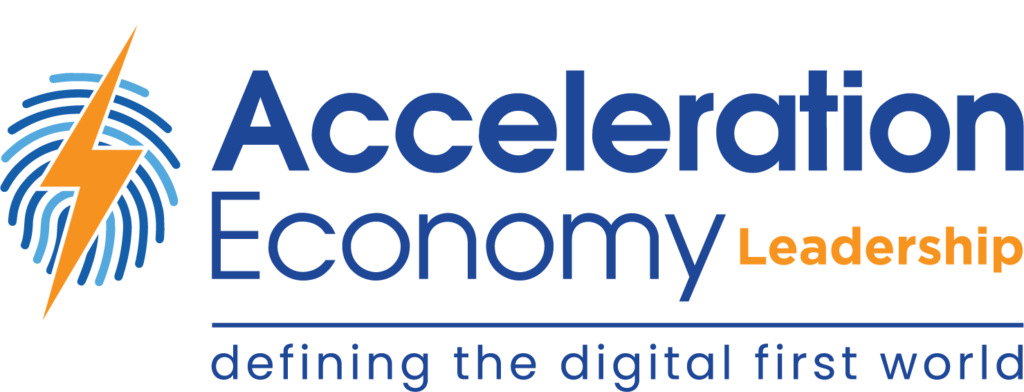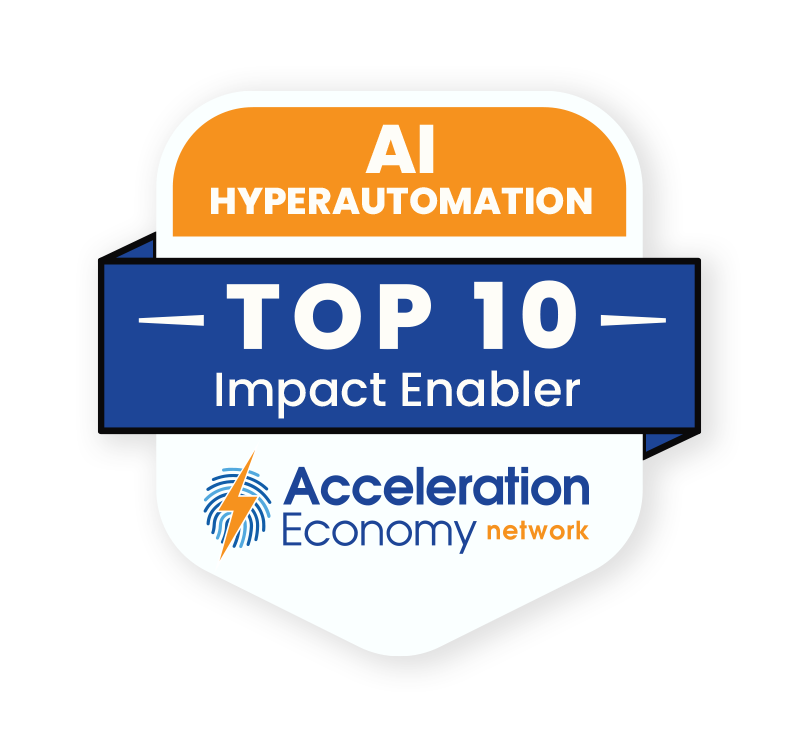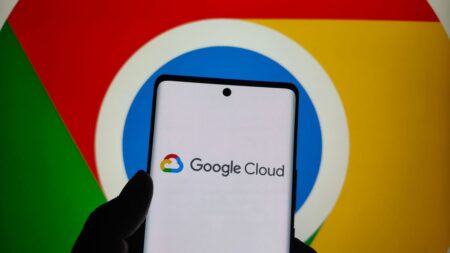In episode 45 of the CXO Minute, Tony Uphoff argues that ChatGPT has been both overhyped and underhyped after receiving much attention from the media recently.
Which companies are the most important vendors in AI and Hyperautomation? Click here to see the Acceleration Economy Top 10 AI/Hyperautomation Short List, as selected by our expert team of practitioner-analysts
Highlights
00:12 — ChatGPT has received massive media attention over the past couple of months, including Bob Evan’s coverage after Microsoft was reportedly weighing a $10 billion investment in OpenAI – in addition to its existing $1 billion investment. Tony argues that this technology has been both overhyped and underhyped.
00:57 — ChatGPT is a variant of the generative pre-trained transformer model (GPT) which has been designed to generate human-like text in a conversational context. As it’s trained on a large dataset of human conversation, it can generate text that is “coherent, relevant, and appropriate in response to a given prompt or conversation history,” explains Tony.
01:24 — Why has it been overhyped? There are a few limitations to ChatGPT and other language models like it. For instance, it’s only as good as the data that it has been trained on. So, it may not be able to generate a response to a situation it has not seen before.
01:47 — “Predictions that ChatGPT will replace humans, destroy the economy, and reshape humanity are wildly premature,” Tony suggests. While ChatGPT may have a lasting impact, it will play out over time and many of the current predictions will likely come out to be wrong.
02:08 — Why has it been underhyped? While the immediate or short-term impact of ChatGPT may be overhyped, Tony argues that the medium-to-long-term impact is underhyped due to previous trends he has seen in technology. He has seen the introduction of new technology several times — consider the internet or the iPhone, for example.
02:35 — Knowing that the internet and the acceleration of mobile changed everything, ChatGPT will likely change everything too — and for similar reasons. Tony reviews the timeline of how the internet eventually took off. Although it took years for it to develop and commercialize, 62% of the world uses the internet today. While mobile phones existed prior to the iPhone, this device laid the foundation for the modern smartphone, ushering in the era in which pocket-sized computers can answer any question with the push of a button. Now, more than 5 billion people worldwide use mobile services.
03:30 — Artificial intelligence is not a new technology; it has been around for more than 50 years. ChatGPT represents a user interface that allows mainstream use. It had a million users in its first week. As usage goes up, the technology will become smarter and more valuable.
04:00 — In the first two months of its introduction, ChatGPT is already delivering productivity benefits. It will lead to advances in artificial intelligence which will have a massive impact on nearly every industry.
04:20 — In a recent interview, OpenAI CEO Sam Altman predicted that, over the next 10 years, artificial intelligence (AI) has the potential to shift the trend of the marginal cost of intelligence and energy toward zero.
Want more tech insights for the top execs? Visit the Leadership channel:











